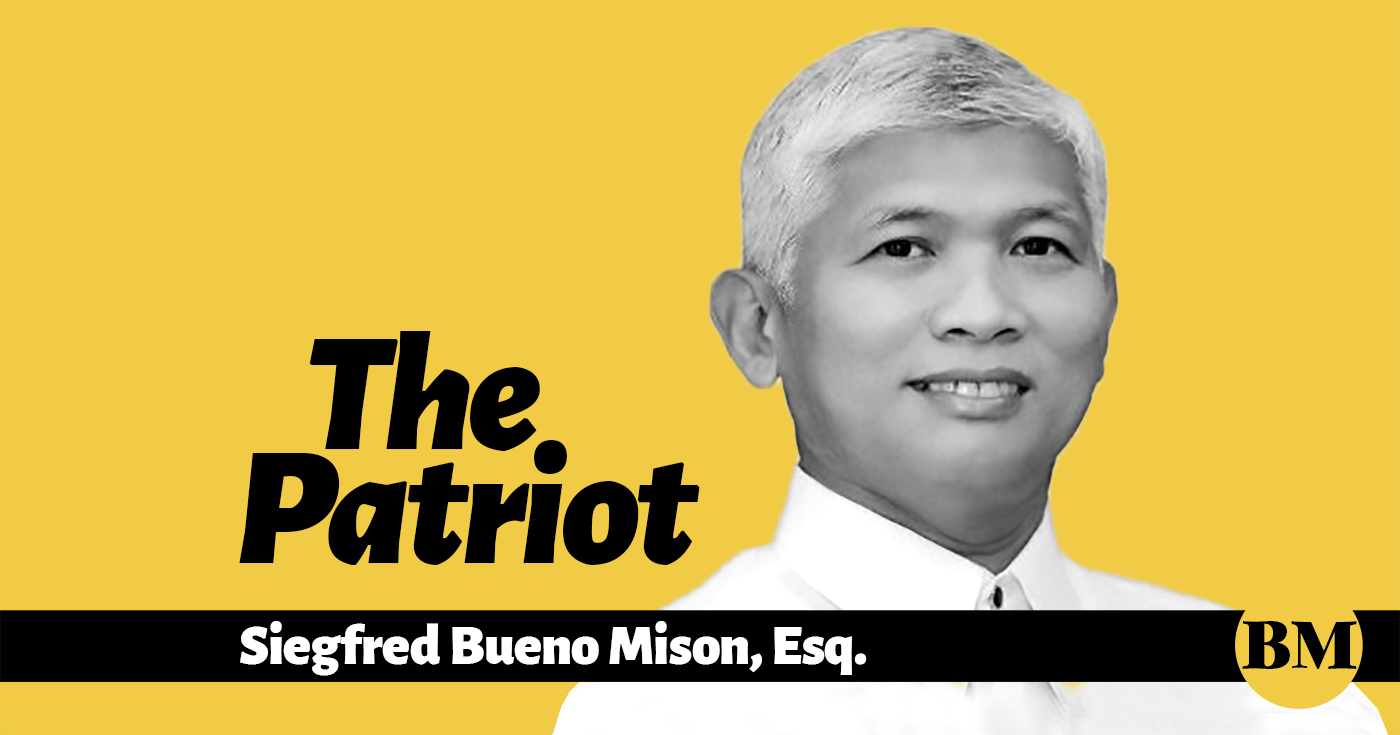An “Elderly Rights Law” that China passed in 2015 mandated adult children to “never neglect or snub elderly people” and obliged them to visit their elderly parents often, regardless of how far away they live. The law said children who fail to make such trips to their elderly parents face potential punishment ranging from fines to jail time.
In Korea, people show respect to the elderly and celebrate them. For Koreans, the 60th and 70th birthdays are important life events, which are commemorated with extensive family parties and feasts. Like most countries in Asia, the universal expectation in Korea is that roles reverse once parents age, and it is the adult children’s duty, which is considered an honor, to care for their aging parents.
In the West, particularly in rich countries like the US and Britain, estranged parents are on the upswing. Their elderly live lonely lives, separated from their children and lifelong friends. As their health deteriorates, the elderly in these cultures often move to nursing homes, retirement communities, and assisted living facilities.
In the Philippines, we place a strong cultural value on respect for the elderly. Young people are expected to show respect to the elderly as well as older members of the family. As we are known for our close family ties, households in the Philippines are commonly made up of extended family members, which may include grandparents, parents, children, aunts, uncles, nephews, and nieces. We also show respect to the elderly in our actions—brushing grandmother’s teeth, changing grandfather’s sheets, or helping an elderly aunt transfer to her wheelchair.
On December 14, 1990, the United Nations General Assembly designated October 1 as the International Day of Older Persons every year. We outdid the UN by institutionalizing a weeklong national celebration to give tribute to our senior citizens. As we culminate today this year’s Elderly Filipino Weekcelebrations (from October 1 to 7), we have to congratulate the Department of Social Welfare and Development (DSWD), which did a good job helping manage the event in partnership with the National Commission of Senior Citizens and other national government agencies, senior citizens associations, and local government units (LGUs).
This annual celebration started in 1994 by virtue of Proclamation 470 by President Fidel V. Ramos, declaring the first week of October of every year as Elderly Filipino Week.The proclamation aimed at increasing public awareness on the different issues concerning elderly Filipinos.
This year’s theme, “MahAlaga sina Lolo at Lola Ngayong Pandemya,” aims to underscore the contributions of our 10 million senior citizens in nation building, and seeks to raise awareness and address the issues concerning them, most especially in the time of the pandemic. The DSWD said this year’s celebration of theElderly Filipino Weekis significant as it serves as an encouragement for the Filipino elderly that there are ways for them to contribute to society, despite the limitations brought about by the Covid-19 pandemic.
An online activity led by the National Commission of Senior Citizens served as the kick-off event for the one-week celebration, followed by the social-media campaign on Healthy Ageing.
During times of isolation and quarantine, senior citizens need safe access to nutritious food, hygiene supplies, medicine, and other basic needs. As a community, it’s our duty to take care of our senior citizens and ensure that they remain safe and well looked after during these difficult times. Let’s all show some love and respect. As the saying goes, “Respect old age; it’s your future!”





























